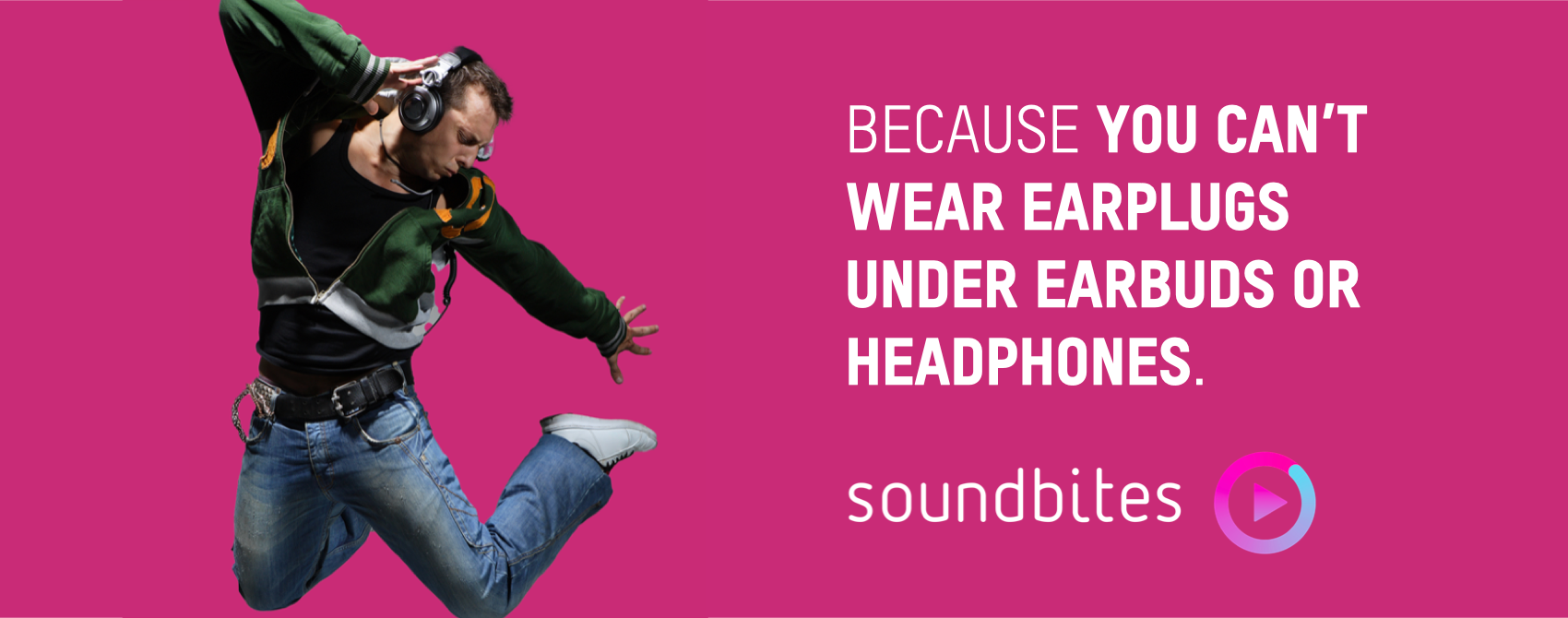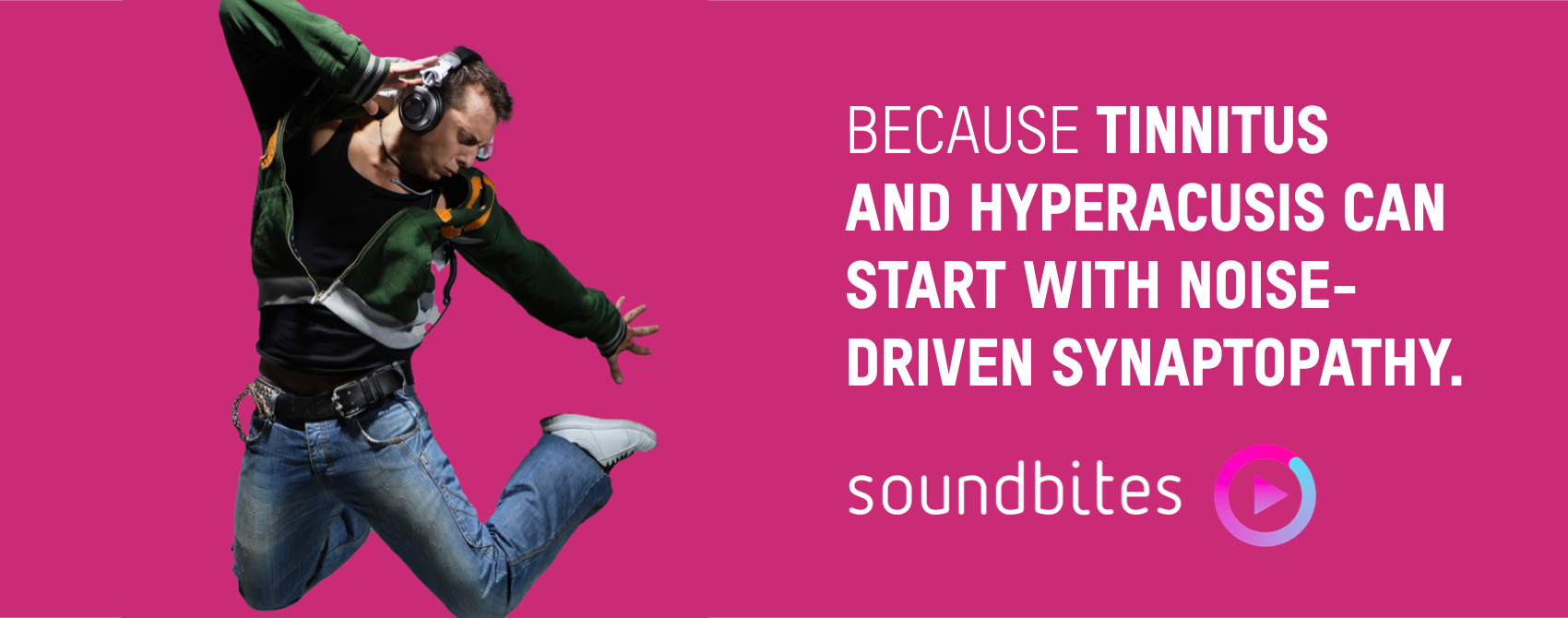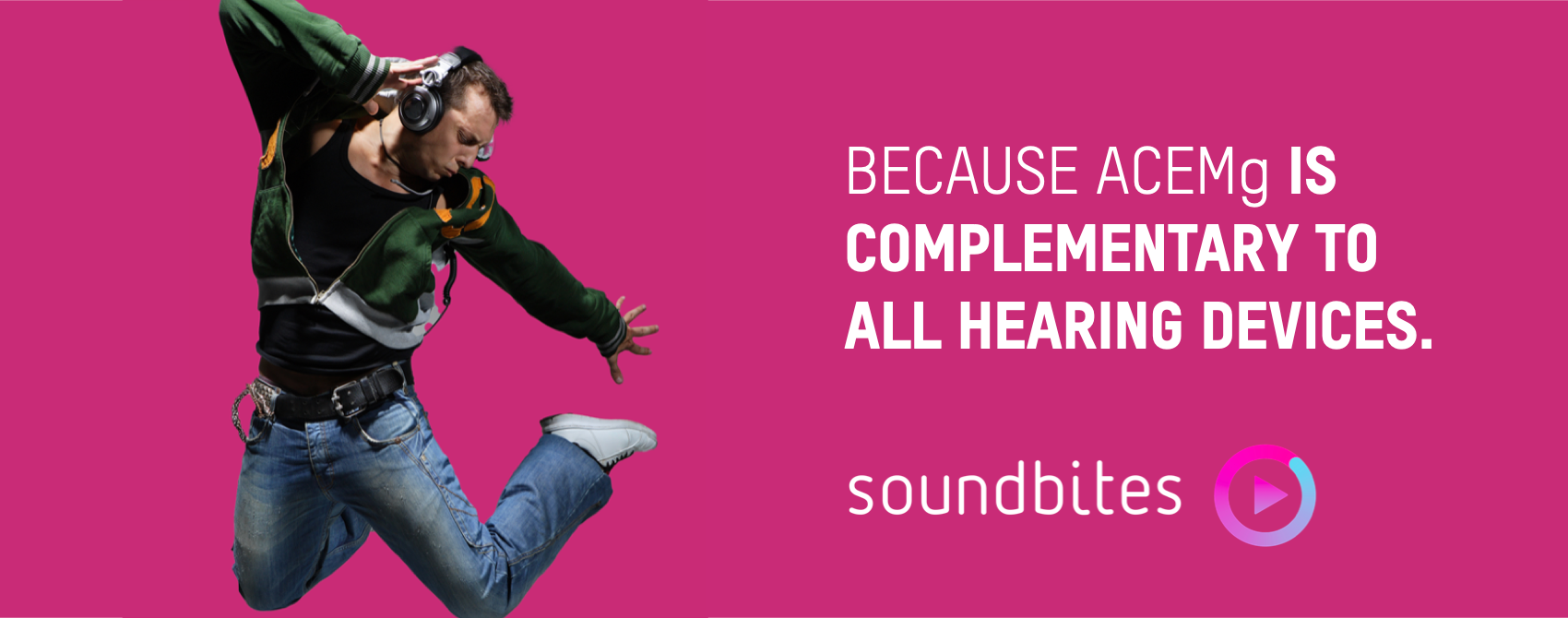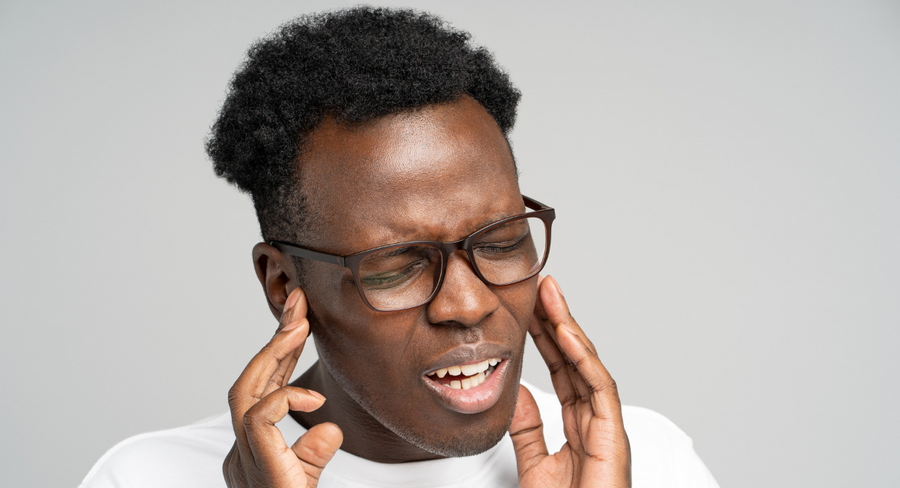
Hearing loss
Inner ear hearing loss is called sensorineural hearing loss, or SNHL, which accounts for more than 90% of all hearing loss. Noise-induced hearing loss, NIHL, and age-related hearing loss, ARHL, account for a large majority of SNHL. Sadly, NIHL is happening to children and young adults more often recently. After 36 years of research. ACEMg from Soundbites can do something about the vast SNHL problem. You don’t need to believe us. The clinical data speaks for itself. The scientists at the U.S. Patent Office reviewed the data and granted our recent patent.
















